The upcoming presidential election is a popular topic this year, especially among students who will be voting for the first time.
Any election is important, but with candidates pushing policies based on immigration, reproductive and LGBTQ+ rights, many students said they need their voices to be heard.
Choices like voting absentee or in person, when to go to the polls and how to navigate the ballot can make any student overwhelmed, especially first-time voters.
For first-year University of Minnesota student Megan Hames, her high school classes helped her prepare to vote for the first time and better understand what is on the line for this election.
“I’ve come to understand the policies that are trying to be passed right now,” Hames said. “Or that are on the agenda for each candidate.”
Hames said as citizens of the U.S., it is important to exercise the freedom to vote, even if someone does not have strong opinions on politics.
Isabelle Fuhr, another first-year student, shared the same sentiment, saying many might feel like their voice does not matter, but it is still important.
“A lot of people talk about, ‘Voting is useless, and there’s no point in voting because there’s so many people in this country,’” Fuhr said. “I feel like it’s important to participate in democracy because that’s why it’s there. And if you have thoughts and you have a way to share them, why would you not share them?”
As college students, both Hames and Fuhr said given the ages of presidential candidates, it can feel like it is difficult for their voices to be heard as young people. Although Fuhr said some politicians may try to appeal to younger voters, she does not think it has been very successful, and Hames agreed.
“I think I’m hopeful that in the future, there will be candidates that better represent the wants of the younger generation,” Hames said. “But at this point, not many candidates do that.”
University student Ewan Kahnke said people need to contribute to political discourse now more than ever.
Kahnke said seeing how the country was affected by COVID-19 and George Floyd’s death since 2016 was a motivator in this election for him and made voting important to him.
Kahnke added his family members have always been active voters, regardless of what political views they held.
“Growing up seeing different political views just made me feel like it’s important to vote, and obviously the presidential (election) is big, but one vote for the presidential election means a whole lot less than one vote for all the local stuff,” Kahnke said.
Kahnke said he plans to go in person to the polls, though this election is only one race.
Regardless of who someone is voting for, Kahnke said it is still important to vote and have your voice heard. Khanke, Hames and Fuhr all said they are voting for Kamala Harris.
Khanke said he feels like many people say they are not going to vote because they are not informed enough to cast a valid and reasonable vote.
“If you go online for 20 minutes and look at the candidates, look at what they stand for, and look at what they’re saying they are going to do, it’s pretty easy to quickly form enough of an opinion to cast a vote,” Kahnke said. “It often feels like the people who complain the loudest are the ones who say they’re not going to vote.”


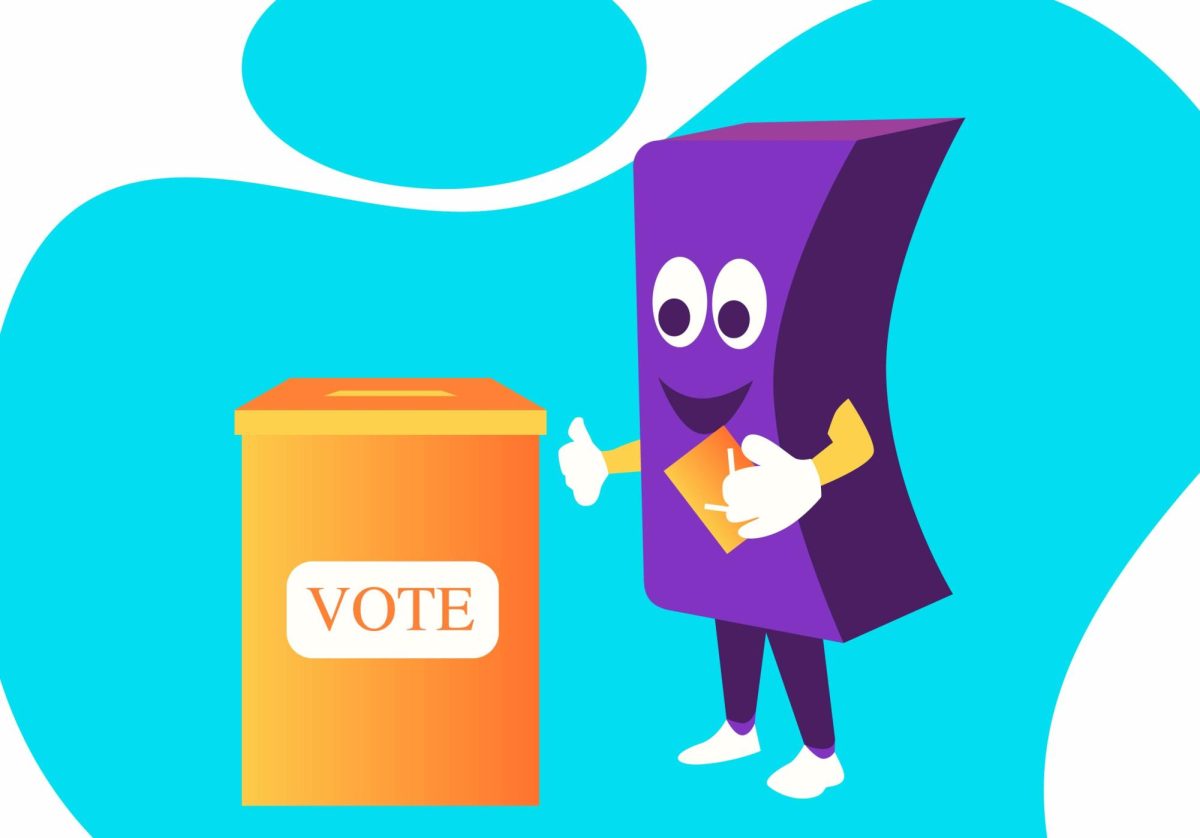
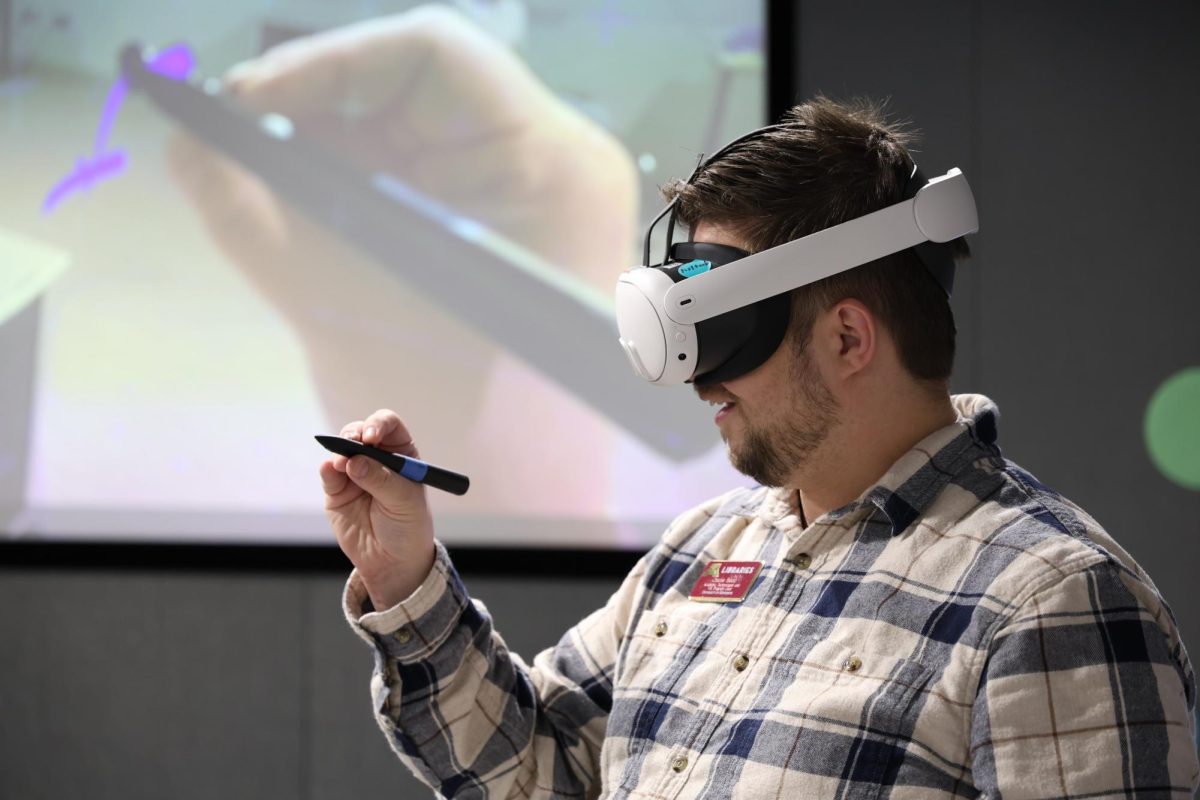

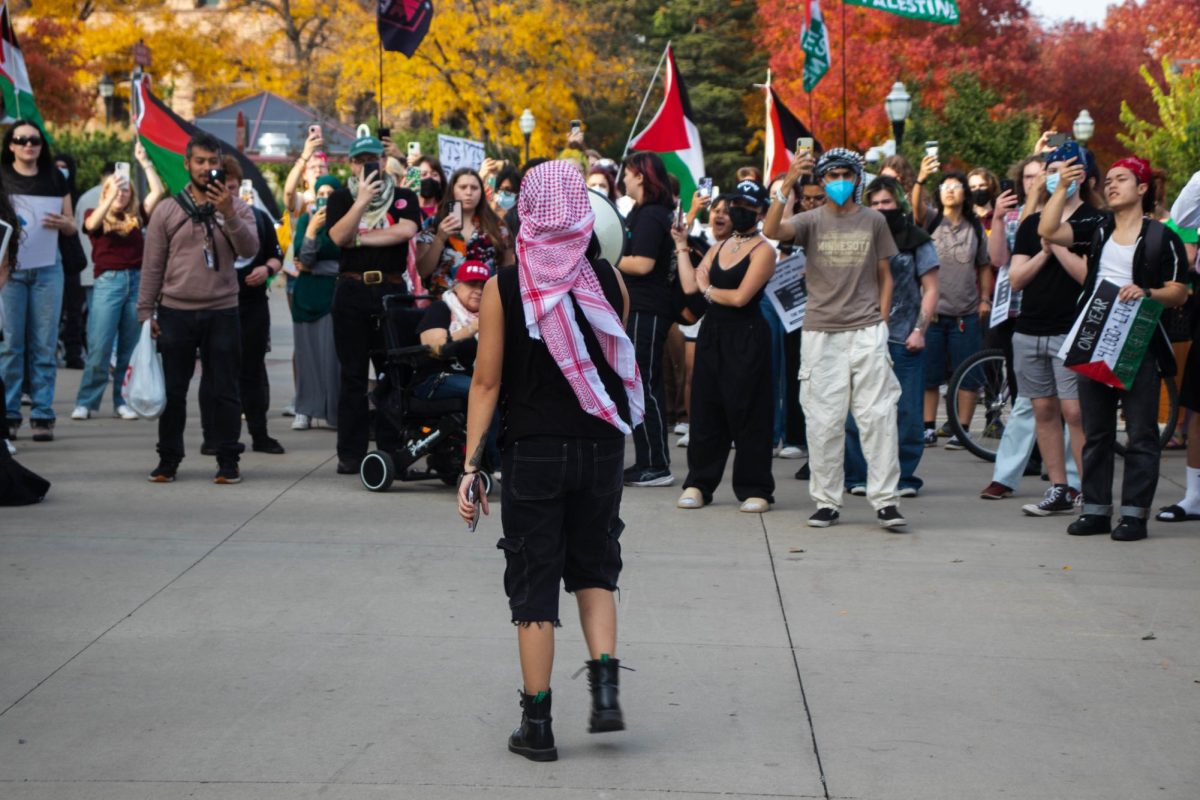
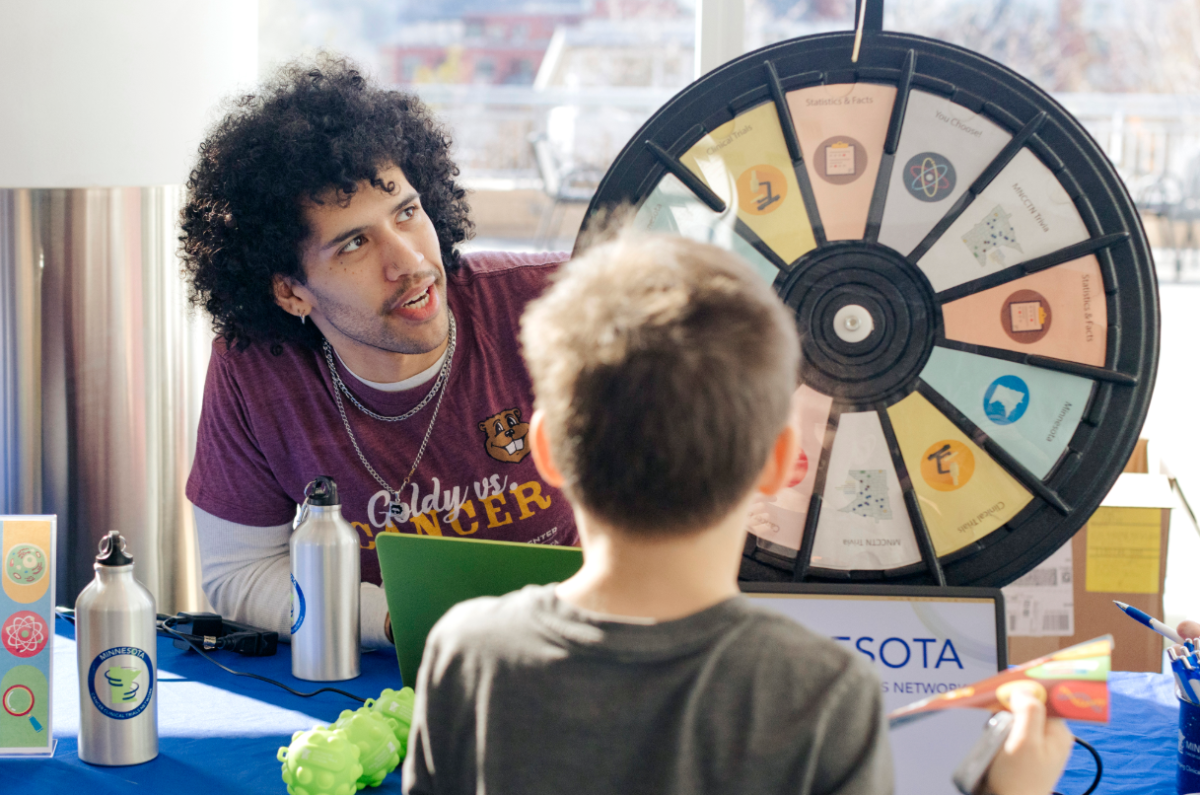
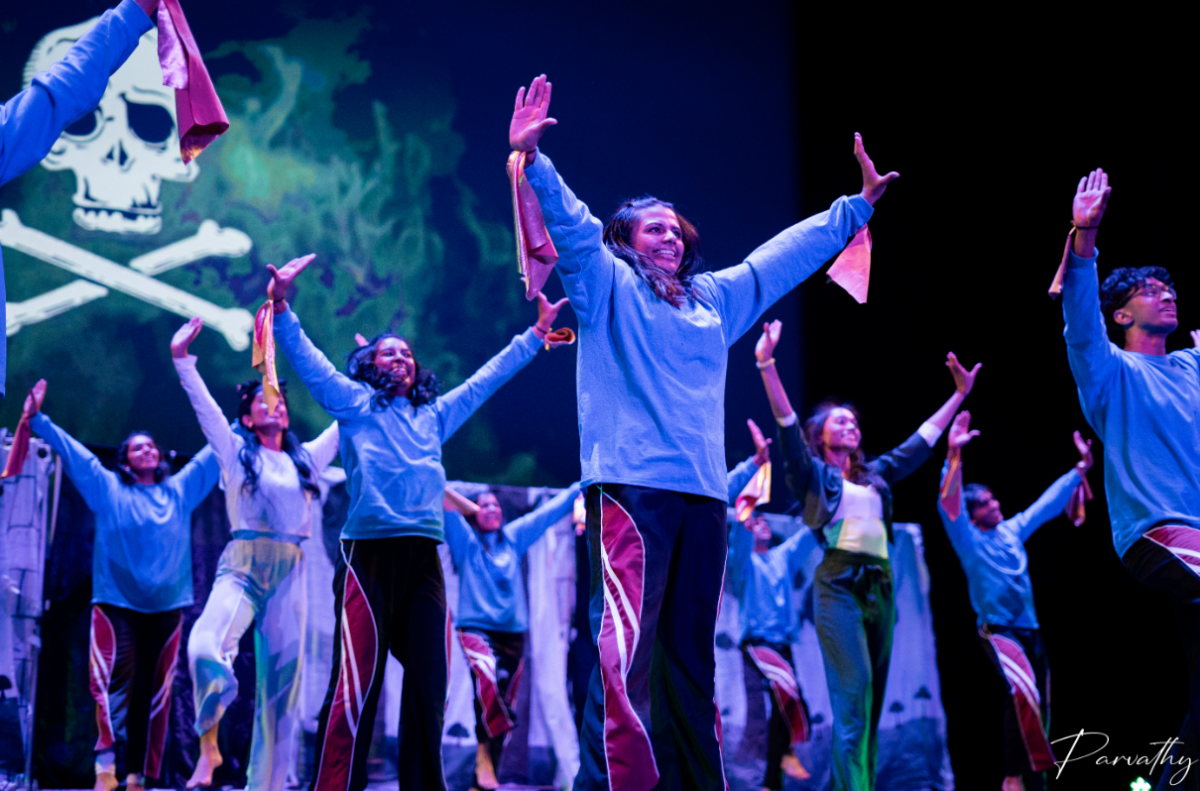


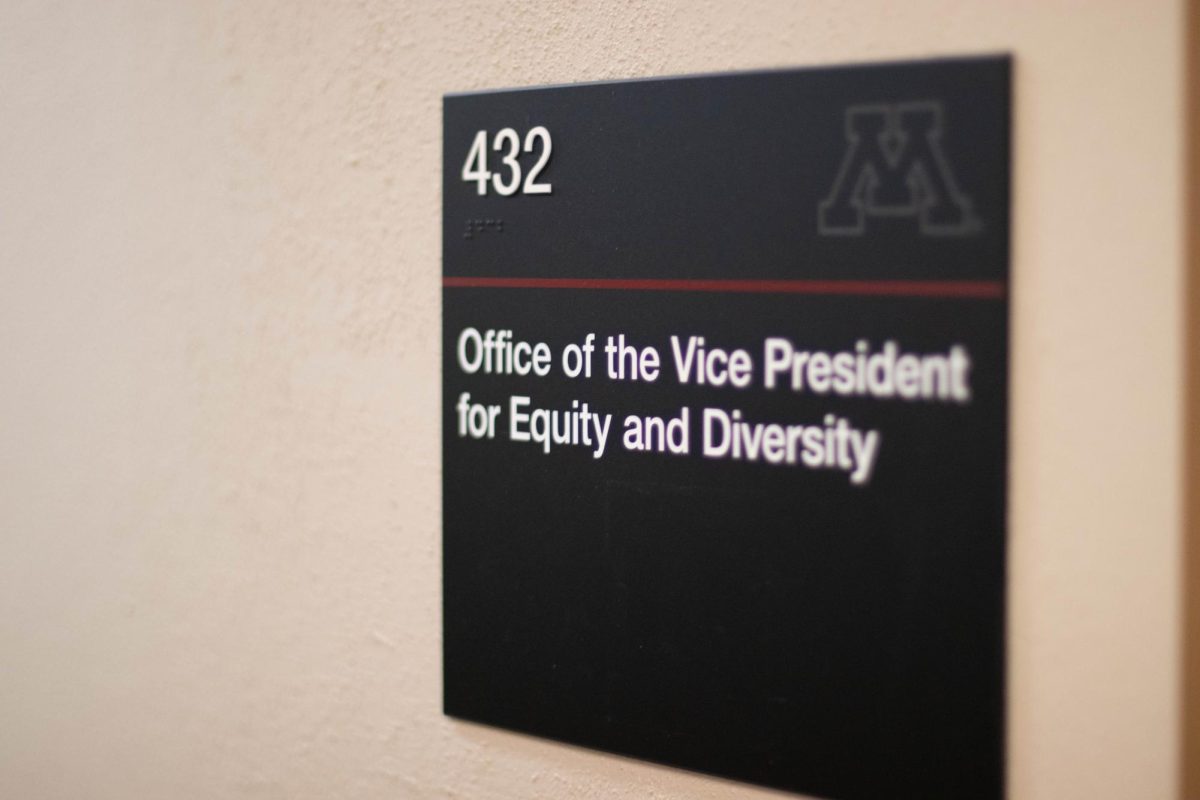



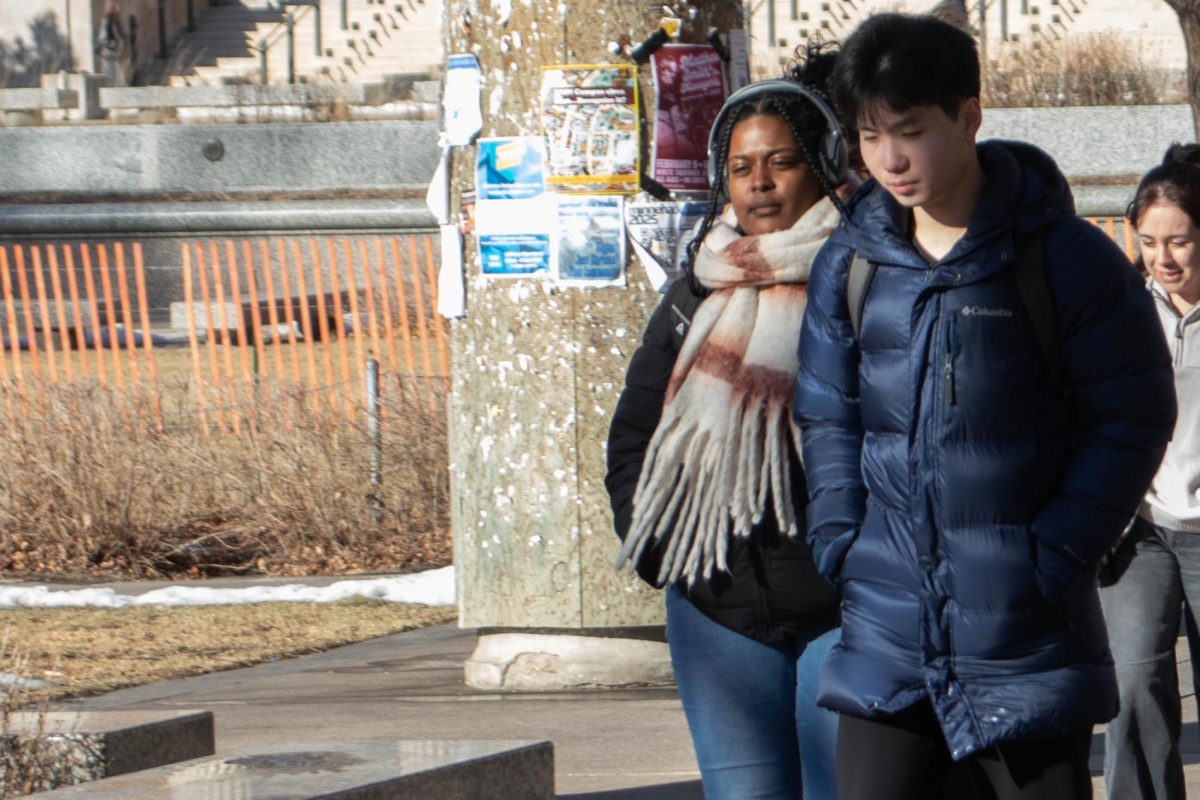
David Hansen
Sep 16, 2024 at 11:40 am
Twenty minutes is not enough time or effort to become sufficiently informed to vote!
If you can’t exert a little more effort into establishing trust in what you read, watch in a podcast, or hear in a media clip, then, as far as I’m concerned, you forfeit the right to claim participation in your nation’s building.
If this notion were prevalent among first-time voters, it would be cause to discuss raising the voting age back to 21. The reasoning would be that a 20-minute investment doesn’t constitute meaningful participation anyway.
Perhaps a better solution is to stimulate engagement by encouraging real involvement in the working parts of society and observe, over an extended time frame the integrity of candidates on prioritized issues. By integrity I mean are what the candidates think, do and say aligned over time on each important issue.